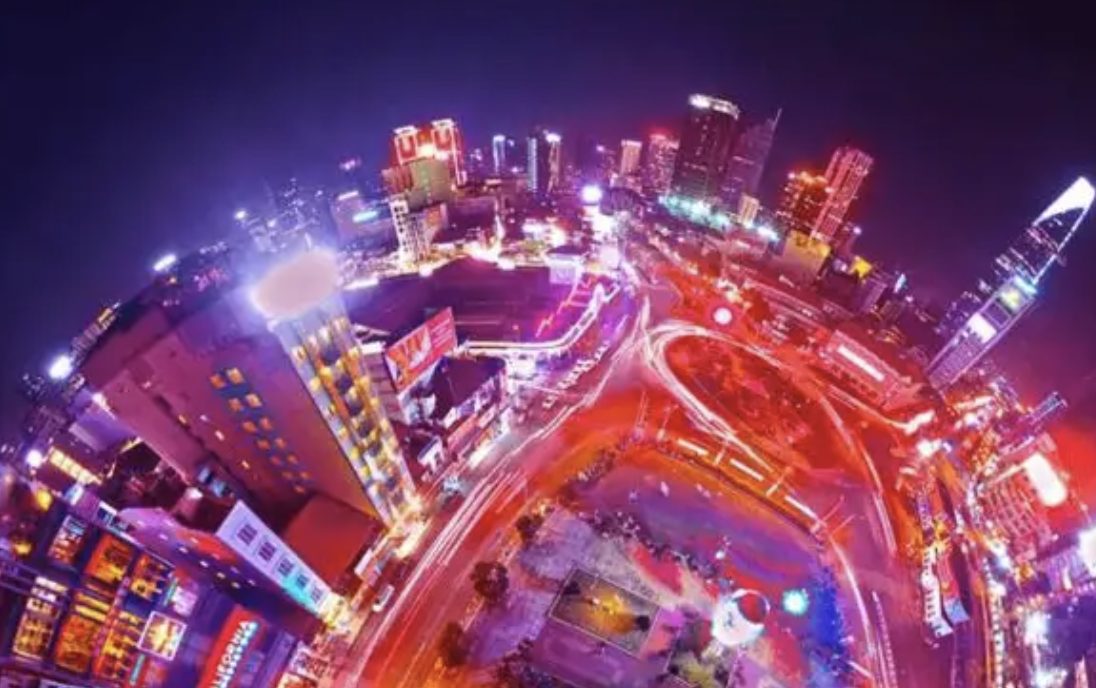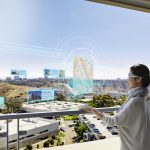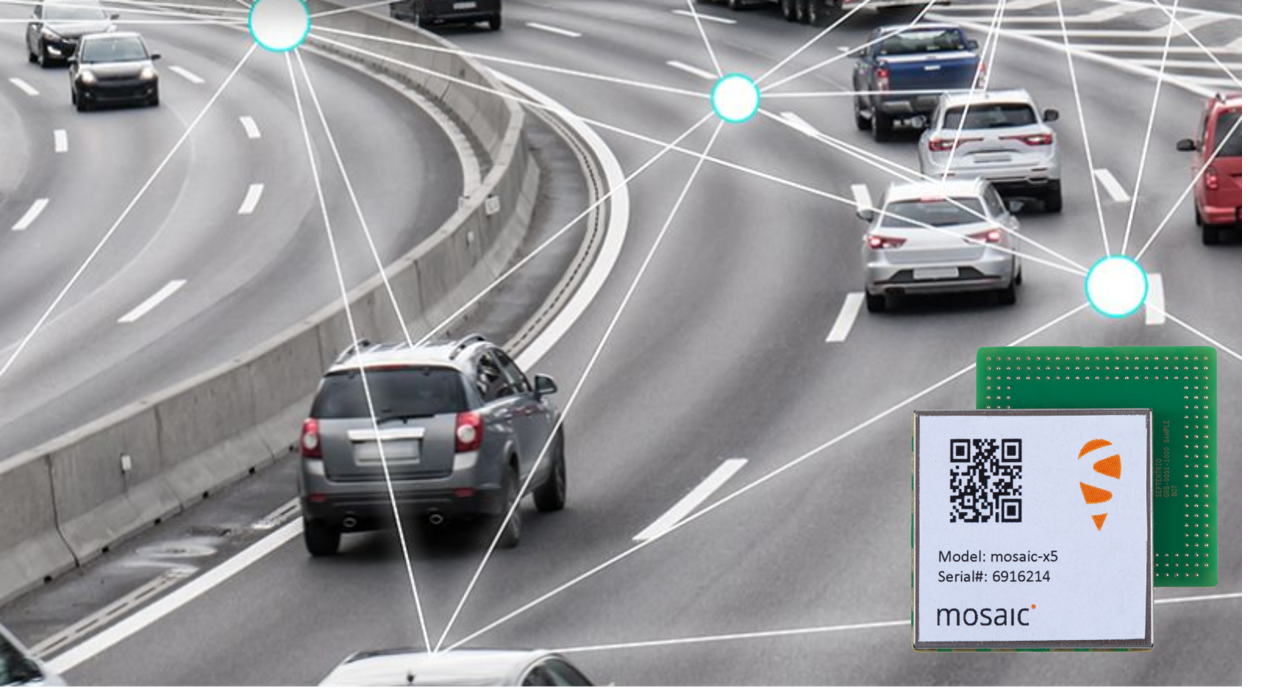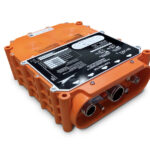Vodafone, a British telecommunications company, has successfully used a new precision positioning technology to remotely track a vehicle to within 10 centimeters of its location. It did this in partnership with global positioning provider Sapcorda, using Vodafone’s global Internet of Things (IoT) platform, which has 118 million connections.
The initiative targets mass adoption of autonomous vehicles on the road as well as in factories, airports, dockyards and any site where machines are in motion. 10-centimeter accuracy could be safety-critical for a driverless bus, or for knowing the precise location of a medical drone. It could also enable V2V road awareness encompassing both motorized vehicles and e-bikes, which could automatically transmit their position and intended direction of travel.
“We can now take new digital services like this one, integrate it with our global IoT platform and fast networks, and offer it securely at scale to many millions of customers.” said Vodafone Business Platforms and Solutions Director Justin Shields.
“Our in-building 5G and IoT services already allow manufacturing plants, research laboratories and factories to carry out critical, and often hazardous, precision work with robots. Now we are applying the same levels of accuracy to the outdoor world.”
Using its network and technology on a Telco as a Service (TaaS) model, Vodafone identifies key network capabilities and makes them available through common APIs in a cloud platform, delivering new software, video and data applications at scale, in addition to gigabit-capable connectivity.
Vodafone IoT-enabled vehicles, machinery and devices, when linked with Sapcorda’s network of GNSS receivers and augmentation technology, improve location accuracy by correcting for things like the curvature of the earth, atmospheric delays and clock differences of global positioning satellites. Combined with video and on-board diagnostics, the technology is envisioned to enable vehicle operators to carry out accurate location-sensitive remote inspections and pause machines such as grass cutters on public footpaths when they encounter people.
Vodafone predominantly operates services in Asia, Africa, Europe, and Oceania.
Image courtesy Vodafone.






